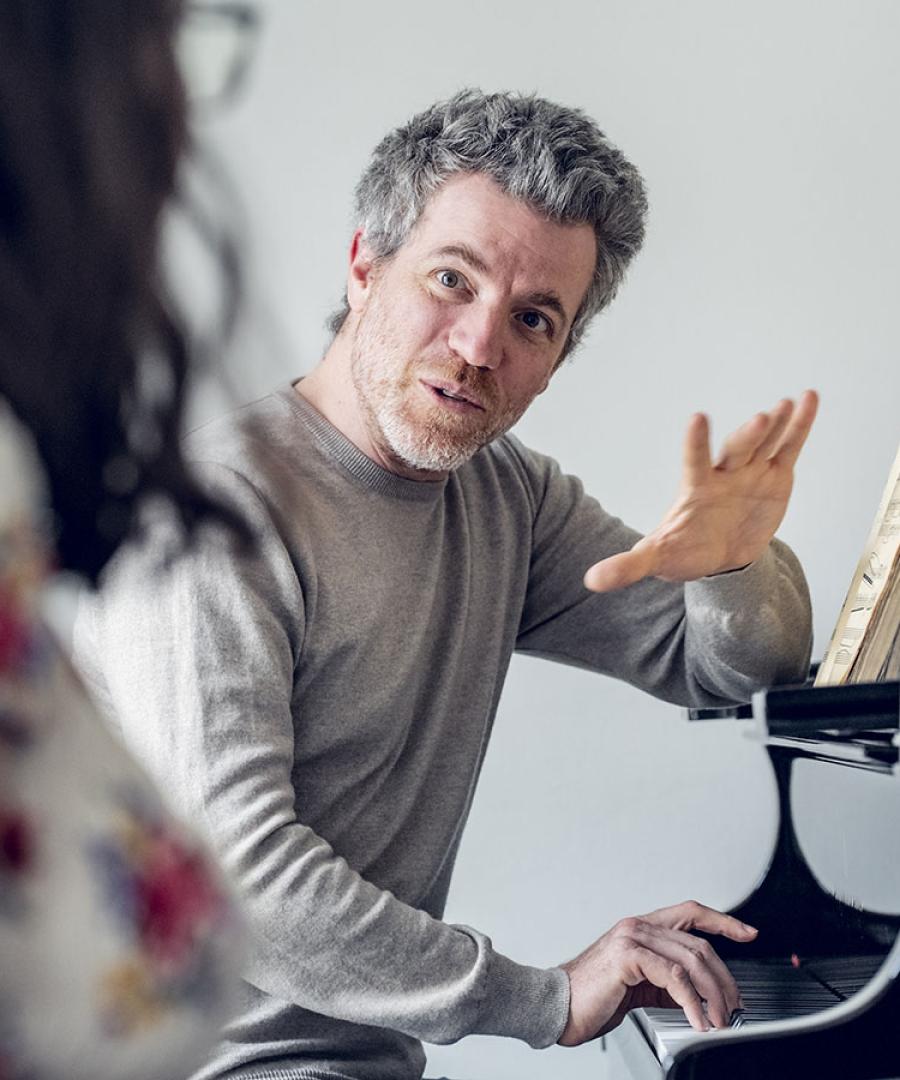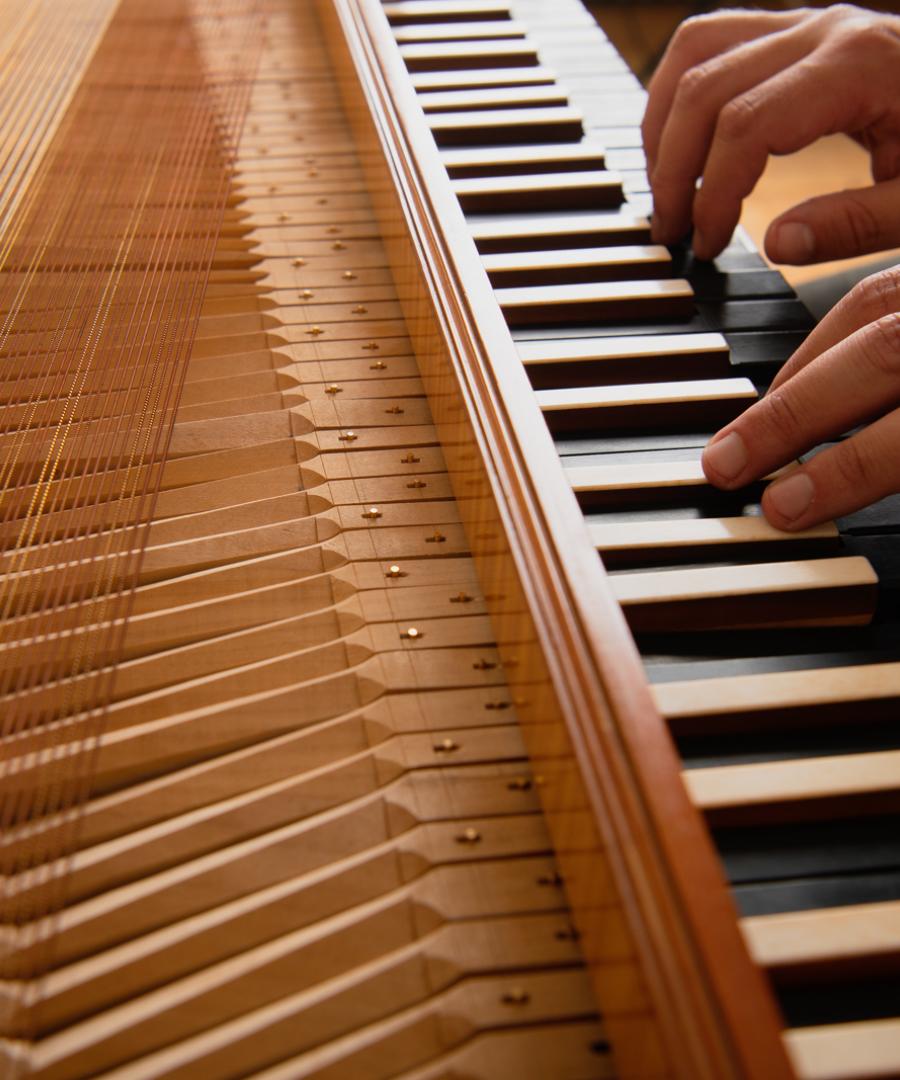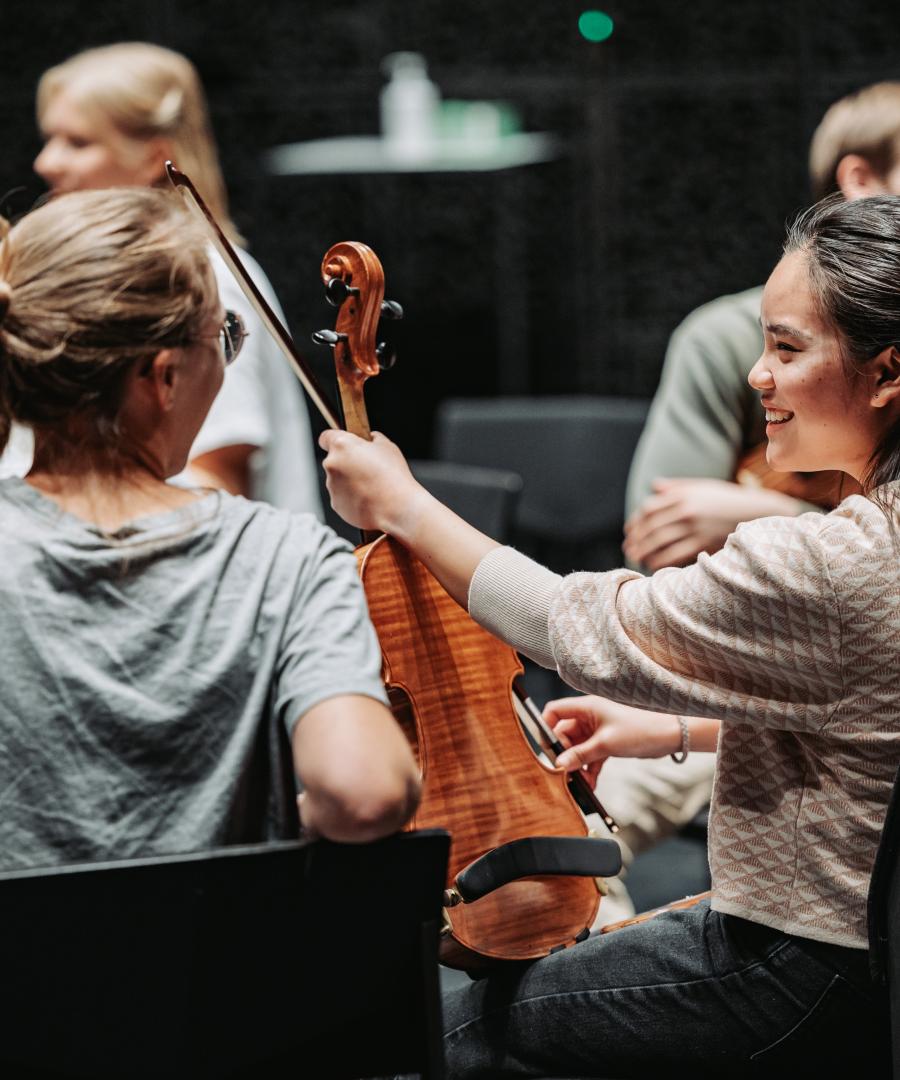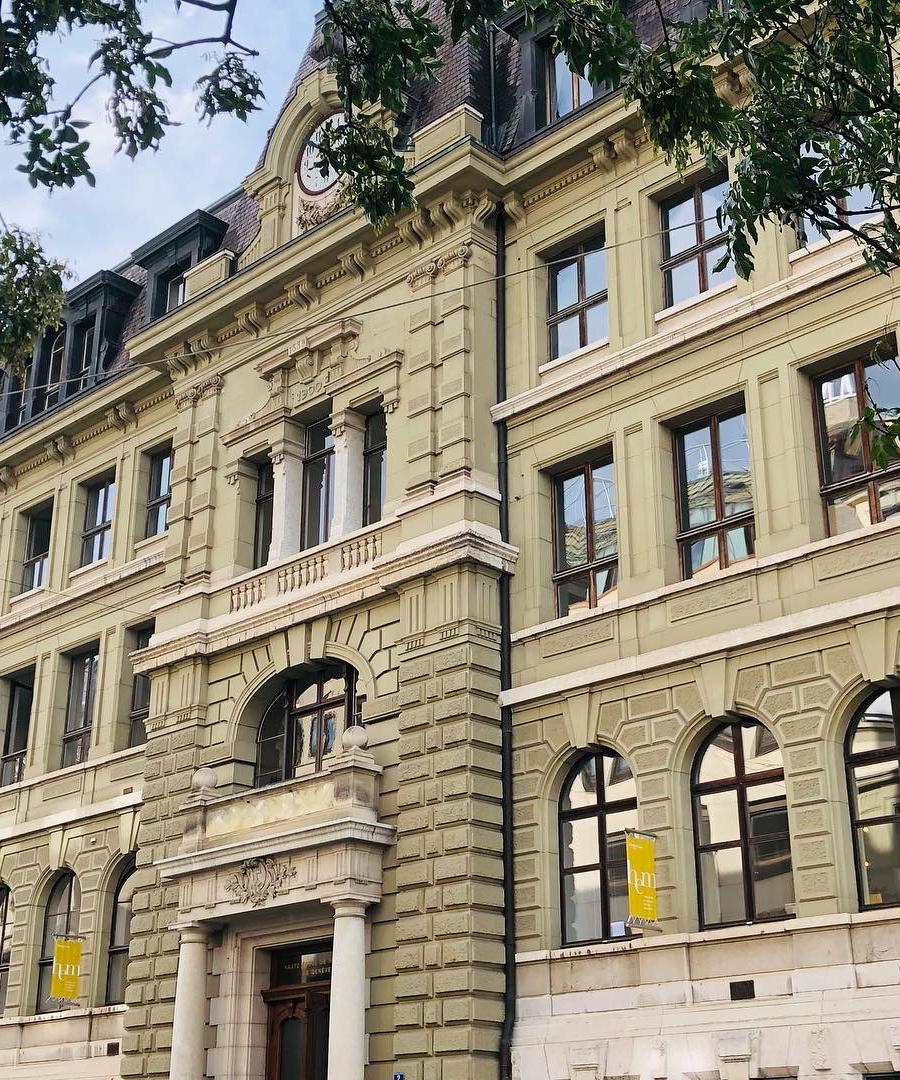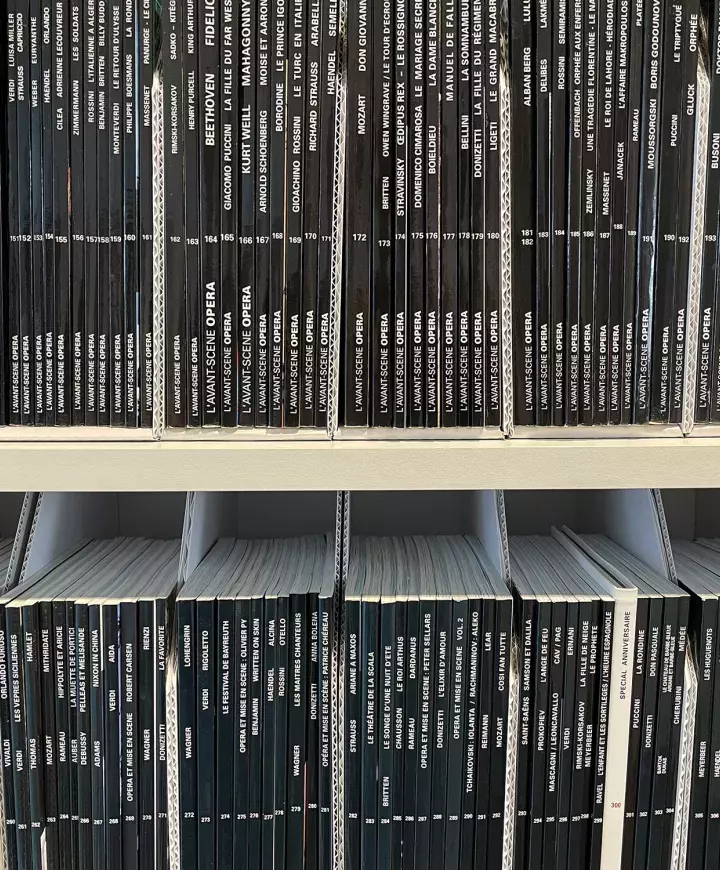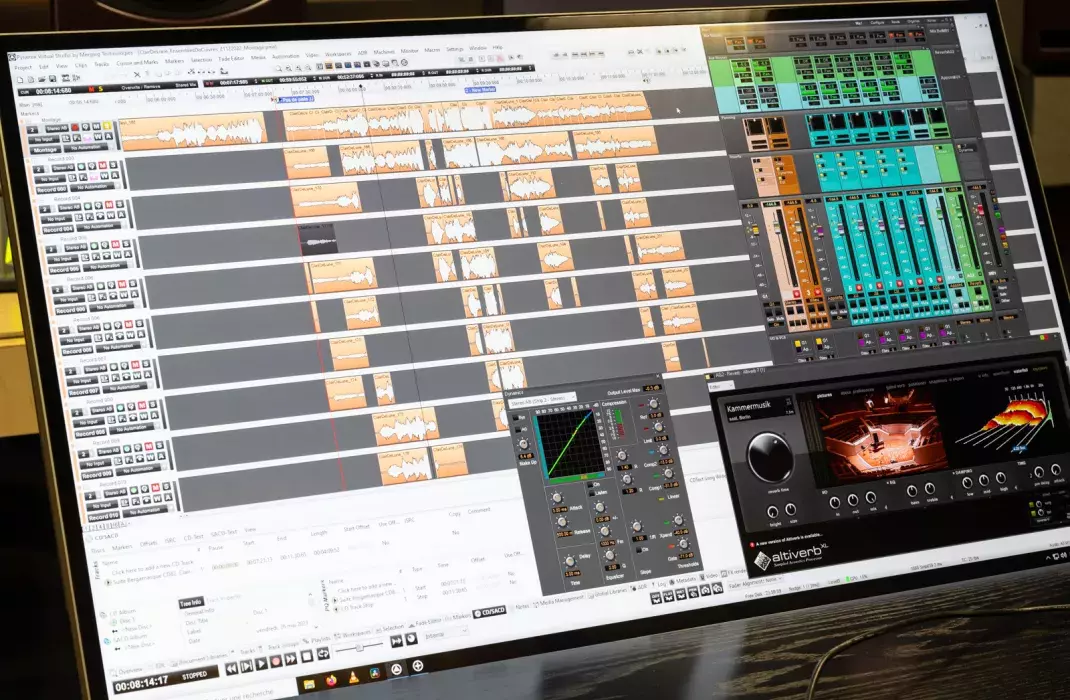- Studies
- Disciplines
- Research
- Events
- The school
Music theory
This programme offers advanced training in the field of music theory. The first option is oriented towards the teaching of theory up to HEM level, the second one is aimed at research and the third is aimed at the study of non-Western theories, in association with the Master’s in ethnomusicology course.
Music theory constitutes a branch of knowledge in its own right, albeit one that interacts with a very large number of disciplines in the sciences and the human sciences: musicology, philology and historical studies, covering multiple approaches, aesthetic and philosophy or art, psychology of perception, cognition, acoustics, theory of communication, linguistics, mathematics.
In the field of teaching, music theorists who have benefited from special didactic training are active at conservatoires and higher schools of music, where they take charge of general musical training (classes in writing, analysis, the history of music, etc.). This role in the passing on of knowledge is also exercised in other forms, such as radio broadcasts, lectures or publications.
Study plan
Abbreviations :
e = marked exam
p = validation by participation
rs = internship report
ce = co-assessment
cc = continuous assessment
SA = autumn semester
SP = spring semester
A1, A2, etc. = first, second year, etc. S1, S2, etc. = first, second semester, etc.
Admission criteria
Candidates must show :
- An ability to comprehend, conceptualize and verbalize theoretical systems in a diverse range of methodological approaches;
- A sensibility to meta-thinking on music theory, and the ability to locate it in its aesthetic, historical or social context, or in relation to the history of ideas;
- An ability to conduct research individually or as part of a group.
Study programme
Primary training
The primary training is centred around advanced teaching in the field of the writing and analysis of music: harmony, counterpoint, writing in the 20th century, orchestration, analytical methods, etc.
Special training
The special training depends on the option chosen. Within the teaching option, a special didactic training module is offered. Within the research option, ordinary teaching is offered in conjunction with the musicology department at the University of Geneva. Participation in one or more of the HEM’s research projects is also required. In the ethnotheories option, the teaching from the Master’s in ethnomusicology course forms a contributing factor.
Additional training
Students are given free choice, depending on the nature of their Master’s project.
Master’s Project
The student produces a research paper in written form (Master’s paper). In the teaching option, this Master’s paper must be connected to a didactic issue and the final assessment also includes a trial lesson.
